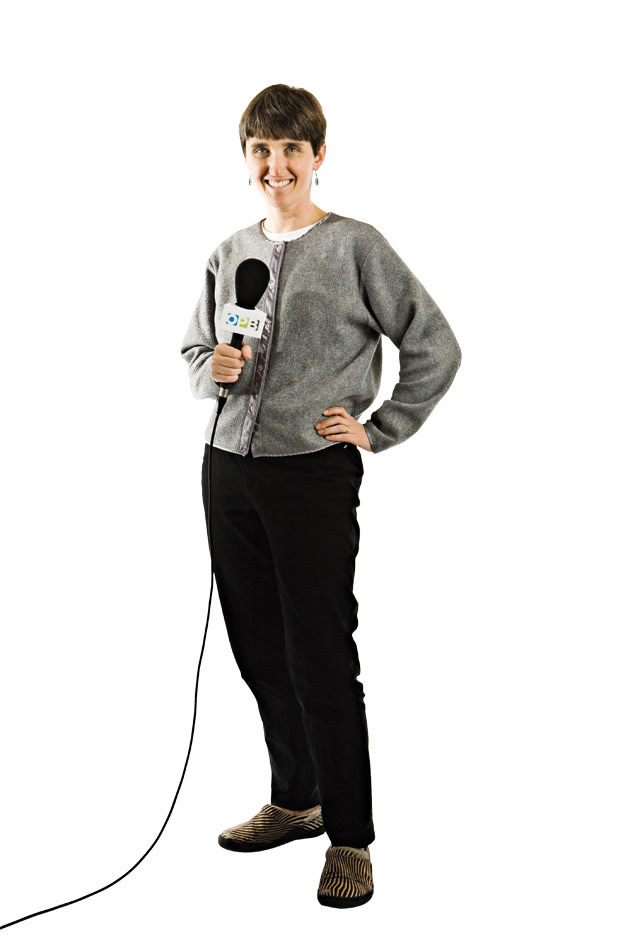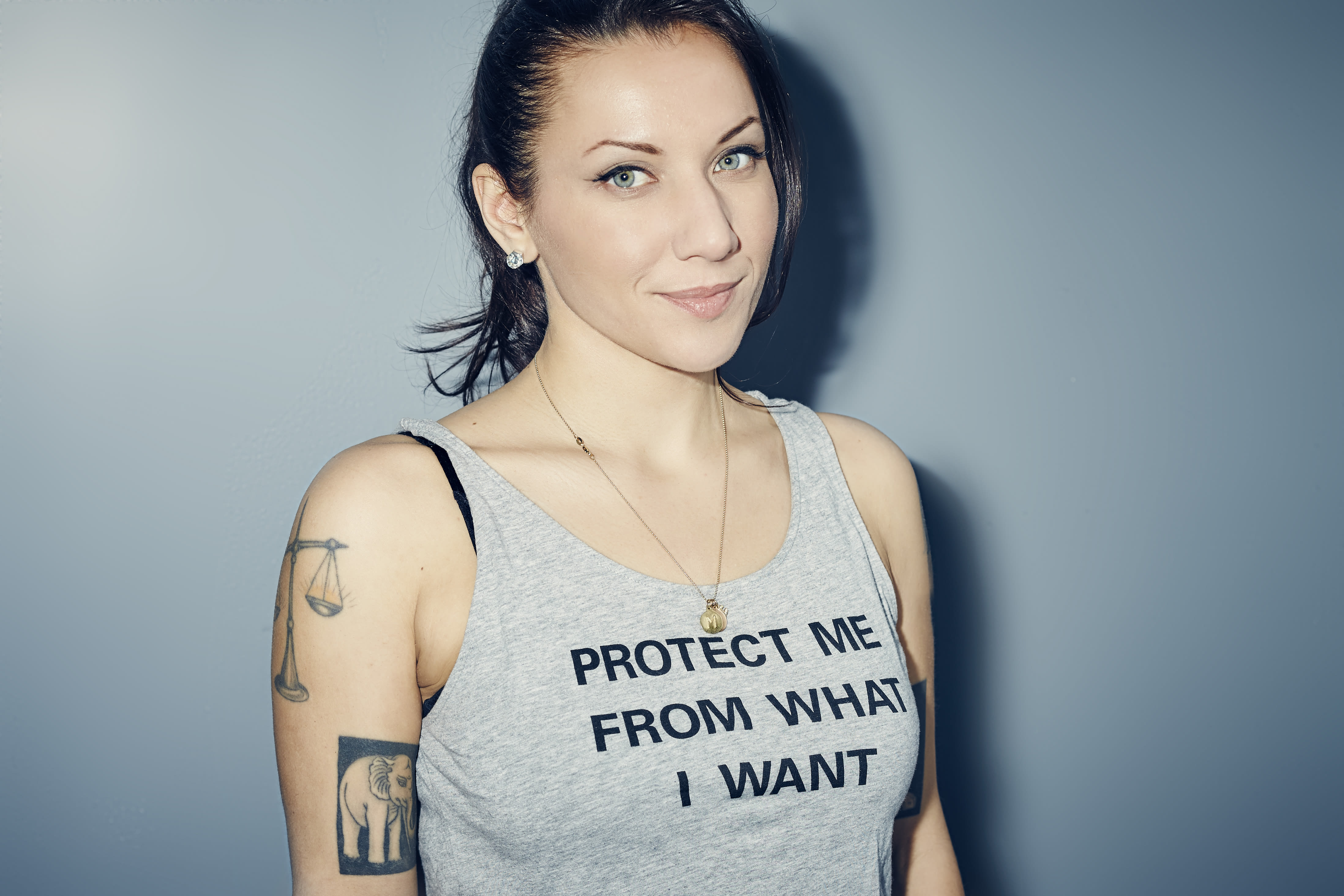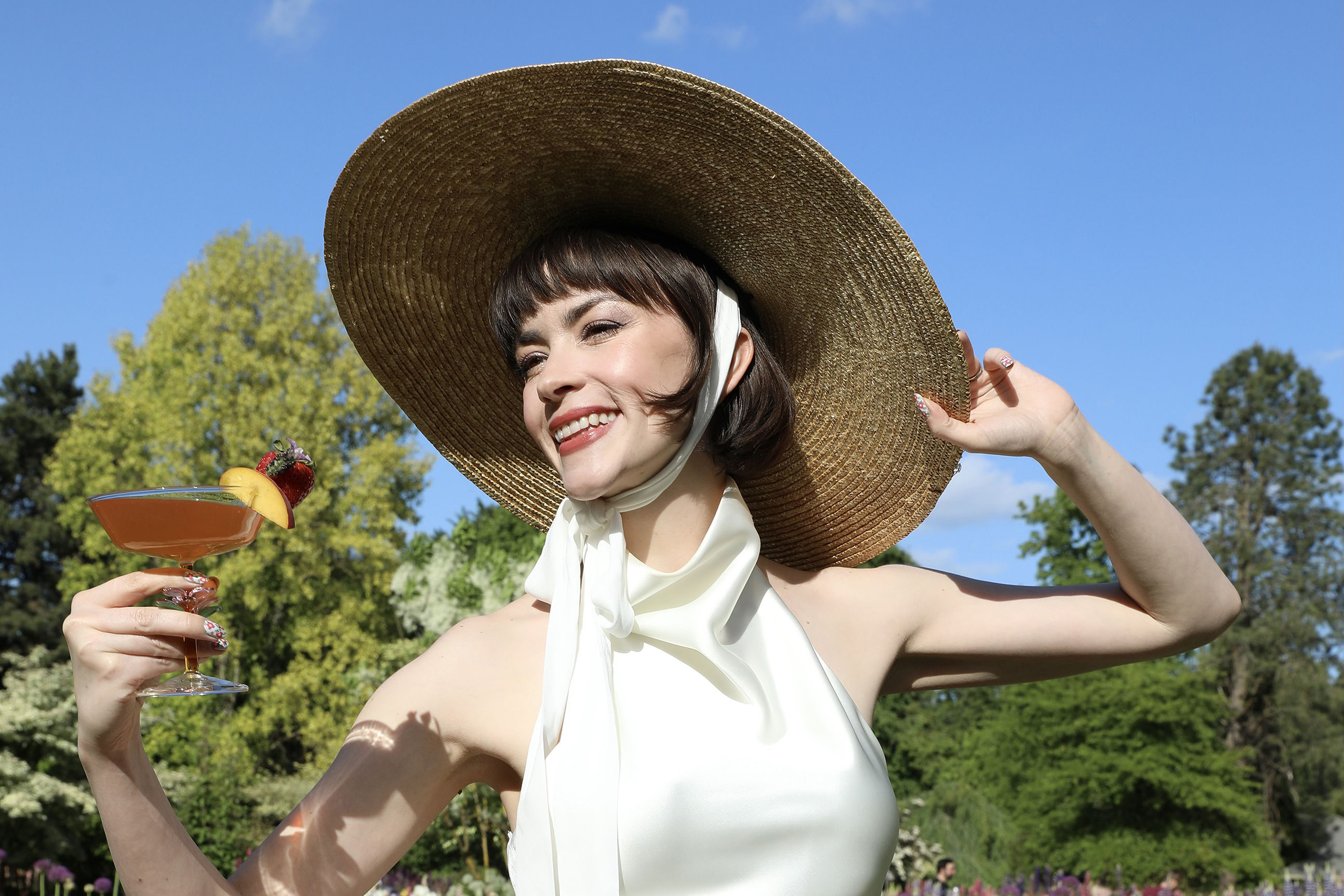Radio Free Oregon

You spent much of the past seven years overseas, where you helped NPR win a Peabody award for your reporting on the war in Iraq. Were you ever in danger? I probably felt in danger more than I was actually in danger. One of my most vivid memories is of walking across a bridge over the Tigris [River]. I started thinking, If somebody pulled up and started shooting me, would I jump over the bridge? If I had wounds in my shoulders, could I survive the dive? Could I hang by my fingers off the side of the bridge?
Did you find out? Actually, there was no threat at all. When I went in with troops that were trying to retake Samarra in 2004, that was one of the more traumatic military events I was involved in. But even then—or when I was being woken up every day by car bombs—I wasn’t afraid.
In December you moved back to Portland, where you grew up. Where are you living? In Sellwood, right across the bridge from OPB, so I can bike to work.
Work being Think Out Loud, OPB Radio’s first-ever talk show. Since the show is devoted to topics of local interest, what will it be covering—land-use politics? Why Portland has more than 50 lingerie bars while Seattle has only two? Nothing is off the radar! We’ll talk about local and state elections, cultural trends, things as complicated as federal payment systems in counties that are traditionally dependent on timber, or how the self-image of the region changes as more people come here. We want to move the conversation past familiar discussions and get into, as the show’s online host David Miller says, “the authentic human messiness of an issue.”
Indeed, as the on-air host of a talk show with an online component, you’re part of a new-media universe in which any Joe Schmoe can have his say. What happened to journalism’s responsibility for ferreting out informed perspectives on critical issues? This isn’t an open call for off-the-cuff opinions. We’ll be evaluating which [online posts] contribute to an informed conversation. When people call in, it’s a little more of a potpourri, but that’s a lot of what journalism is—checking in about what’s really going on. It’s the age-old search for truth.
Talk radio isn’t exactly known for civility. How do you avoid obnoxious on-air fights? I think the tone of discourse is going to be heavily dependent on the tone I set on air.
Given your past experience reporting from war fronts and the like, how do you reach your own professional bar in a place where the locals take to the streets over foie gras and fur? Issues don’t have to be international to be important. Sure, I’ve been heavily invested in covering politics and international dramas, wars, missile defense, Kosovo—but I haven’t done a lot of cultural reporting. We’re going to talk about food, art and music. I think those are the things I’m most scared of.
What scares you—the wrath of chefs?
No, but I face a lot of steep learning curves.
So you’re not coming in with all the answers.
I haven’t lived here since 1994. There’s a lot I don’t know about Portland and Oregon—and about Vancouver, which is also in our listening area. It’s not a foreign country, but I’m trying to treat it as if it were.




